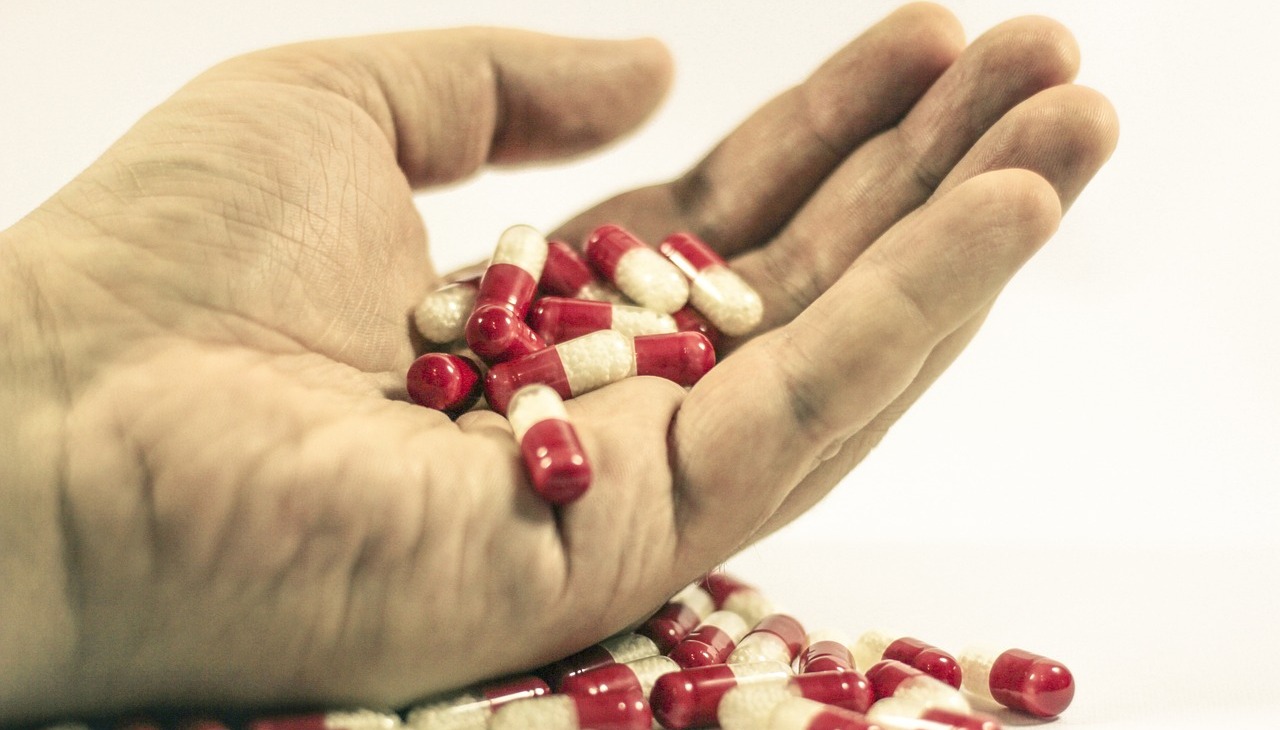
$2,2 million to combat the opioid use disorder and overdose crisis
The funds will be used to support prevention, treatment and recovery initiatives in urban and rural communities.
Highlighting the key role that community organizations play in the fight against the opioid use disorder and overdose crisis in the United States, the Foundation for Opioid Response Efforts (FORE) recently announced the award of grants for a total of US$2,246,377 to 15 community organizations throughout the country.
Karen A. Scott, MD, MPH, president of FORE, noted:
Beyond these statistics are individuals, families and communities who need help and support. While changes in policies related to opioid used disorder have led to some improvements, the level of need continues to grow, and services are failing to keep up with demand.
Increase in Victims
According to a 2022 CDC report released by FORE, overdose deaths increased by more than 30% from 2019 to 2020. Representing that for the first time in modern history, annual overdose deaths exceeded 108,000 for the 12-month period ending in February 2022.
RELATED CONTENT
Funds will support various programs, build capacity, bolster staffing, address technology issues, and establish strategic partnerships to help community-based organizations strengthen opioid use disorder-focused service delivery in their communities.
“We are funding community-based organizations because they best understand the needs of their communities and which initiatives will have the most impact. We are exploring how to expand this program to support more communities in need across the nation,” added Scott.
Beneficiaries
After FORE issued a Request for Proposals from community organizations in August 2022, 428 applications were received.
Taking into account a rigorous review process, the following organizations will benefit from funding for 2 years:
FORE announced $2.2 million in grants to 15 community-based organizations that offer #harmreduction, #prevention, #treatment, & #recovery supports in urban & rural communities nationwide as they aim to address the #opioid & #overdose crisis in their areas.https://t.co/AssOqKRMvg
— Foundation for Opioid Response Efforts (@FOREfdn) March 29, 2023
- Amistades Inc., in Tucson, Arizona, $150,000 to promote accurate understanding of opioid use disorder and expand prevention and treatment efforts in communities impacted by the opioid-fentanyl crisis along the US-Mexico border.
- Baltimore Safe Haven, $150,000 to launch DC Safe Haven Mobile Outreach program, a harm reduction and treatment initiative serving LGBT communities of color in the District of Columbia.
- The Center for African American Recovery Development, $150,000 to partner with local leaders in three urban areas in Memphis, Mobile and New Orleans, and one rural area in Orangeburg County, South Carolina to develop new recovery programs serving predominately Black communities.
- Coweta FORCE, $149,997 to create a Parent Elected Peer Advocate program in Georgia’s Coweta County that will support parents with opioid use disorder involved in Juvenile and Family Court proceedings.
- Chicago Recovering Communities Coalition, $146,708 to enable the organization to enhance its capacity to deliver prevention, treatment, and recovery services to a predominately Black and Hispanic population.
- Faces and Voices of Recovery Upstate, in Greenville, South Carolina, $150,000 to enhance the organization’s ability to provide harm reduction training and recovery supports to individuals with substance use disorders across an eight-county region.
- Formerly Incarcerated Transitions Clinic Program, $149,996 to support harm reduction education and substance use treatment for justice-involved individuals in New Orleans.
- Holler Harm Reduction, $150,000 to provide post-overdose follow up and services to people who use drugs to prevent further overdose deaths in rural South-Central Appalachia.
- Intercambios Puerto Rico Inc., $149,996 to expand community outreach and prevention efforts in Eastern Puerto Rico and provide more people with clinical services, including medications for opioid use disorder.
- Justice Access Support and Solutions for Health, in Albuquerque, New Mexico, $150,000 to expand treatment of opioid use disorder, including medications, counseling, and social services, at its health clinic, Casa de Salud.
- Maggie’s Place, $149,728, to expand services for homeless, pregnant, and parenting women with opioid use disorder in Phoenix, Arizona.
- Mountain Top Cares Coalition, $150,000 to expand its ability to connect people in rural Greene County, New York to addiction treatment and other health care and social services.
- My Father’s House Nashville, $150,000 to expand services for fathers with opioid use disorder who are making the transition from incarceration or homelessness to treatment and are at increased risk of drug overdose.
- Simply Hope Family Outreach Inc., $150,000 to reach more young people and adults and to launch new services in a region of Idaho experiencing high rates of drug overdose and suicide.
- The Martinsburg Initiative, $149,952, to expand efforts to promote healthy development and resilience among youth and their families in Berkeley County, West Virginia.
“This assistance and support of our mission will have a great impact on our ability to provide services to our community. These efforts will help us support our clients. We thank the Foundation for Opioid Response Efforts for working to aid those in recovery and seeking recovery,” said Patrick Magee, executive director of Mountain Top Cares Coalition in upstate New York.











LEAVE A COMMENT:
Join the discussion! Leave a comment.